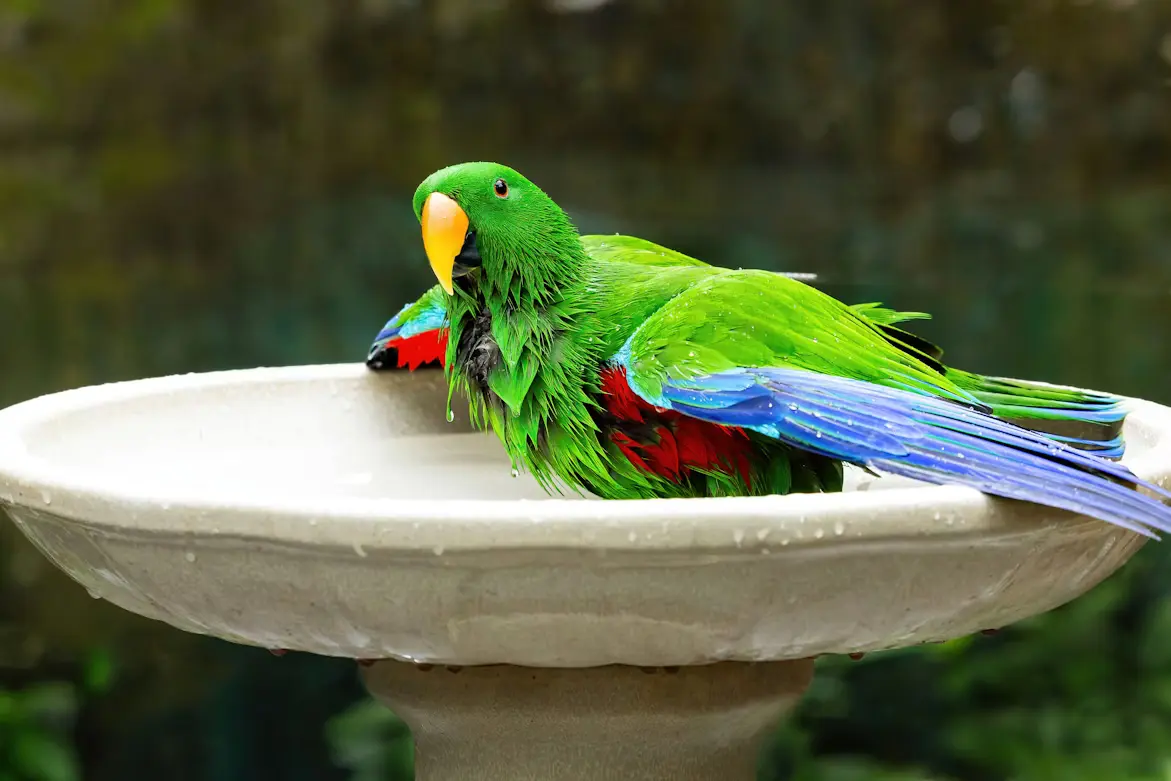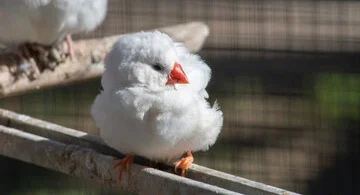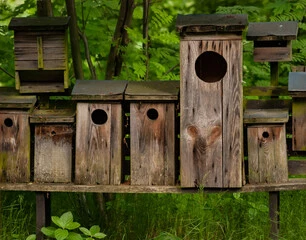Canary Bird Singing: How to Achieve Happy Unforgettable Tunes
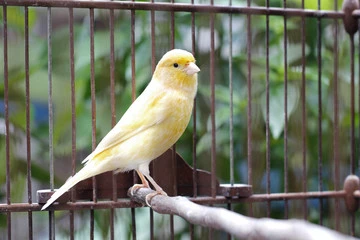
There’s something magical about waking up to the sweet, melodious tunes of a canary bird singing. Whether you’re a seasoned bird enthusiast or a first-time owner, understanding their song is key to bonding with these feathered musicians. But why do canaries sing so beautifully? What influences their melodies, and how can you encourage healthy vocal habits?
In this guide, we’ll dive into the fascinating world of canary song behavior, training techniques, and the different song types. Whether your bird is a beginner chirper or a seasoned songster, you’ll learn how to nurture their natural talent.
Table of Contents
Why Do Canaries Sing?
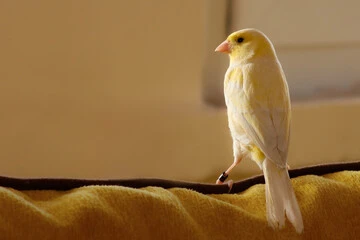
Singing is instinctual for male canaries—it’s how they attract mates and establish territory. While females occasionally vocalize, male canaries are the true virtuosos of the species. Their songs can reflect mood, health, and even environmental changes.
Here’s what influences their singing:
- Hormones: Increased daylight triggers breeding season songs.
- Environment: A comfortable, stress-free setting encourages vocalization.
- Health: A silent canary could signal illness, while constant singing might indicate stress.
Want a deep dive into canary behavior? Visit our bird behavior guide.
Types of Canary Songs
Not all canaries sing the same way—their breed often determines their style. Here’s a breakdown:
1. The Roller Canary (German Harz Roller)
- Known for soft, continuous melodies with closed beaks.
- Preferred in competitions for its smooth, uninterrupted flow.
- Popular among beginners due to its pleasant, non-piercing tone.
2. Timbrado Canary
- Loud, vibrant songs, often mimicking water drops or metallic tones.
- Originating from Spain, their songs are rhythmic and energetic.
- Great for owners who enjoy a more dynamic performance.
3. Waterslager Canary
- Features liquid, bubbling notes, resembling flowing water.
- A rare and prized breed among collectors.
4. American Singer Canary
- A hybrid mix (Roller x Border Canary).
- Balanced, clear, and varied phrases—ideal for showmanship.
For more on different canary breeds, check out our guide to the red canary bird.
Understanding Canary Song Phrases

Canaries don’t just sing—they communicate. Their songs consist of structured phrases, each with meaning:
- Chirps & Trills – Happy or content mood.
- Repetitive Short Notes – Alertness or mild agitation.
- Long, Complex Melodies – Courtship or territorial display.
- Sudden Silence – Potential stress or health issue.
To hear real-life examples of these sounds, watch this canary singing demonstration.
How to Train a Canary to Sing
While canaries are born with singing instincts, training can refine their skills. Here’s how:
1. Play Training Recordings
- Use recordings of award-winning singers to influence your bird’s song.
- Play them at the same time daily for consistency.
2. Reward-Based Encouragement
- Praise softly when they mimic desired tones.
- Treats like apple slices can reinforce positive behavior.
3. Controlled Light Exposure
- Mimic natural daylight cycles (12–14 hours) to trigger singing.
- Avoid sudden changes—stress reduces vocalization.
For more training techniques, explore the canary song training video.
Common Canary Singing Problems & Solutions
| Issue | Possible Cause | Solution |
|---|---|---|
| Bird Stopped Singing | Illness, stress, molting | Vet check, reduce noise, provide protein-rich food |
| Excessive Screaming | Loneliness, boredom | More interaction, toys, or a companion canary |
| Weak or Inconsistent Song | Poor health, lack of training | Improve diet, play training tracks regularly |
FAQ: Canary Bird Singing
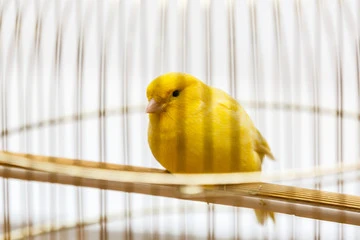
1. Why has my canary stopped singing?
Molting, illness, or stress often cause silence. Monitor their health and environment.
2. Can female canaries sing?
Rarely—most female canaries only chirp, but exceptions exist.
3. What’s the best diet for a singing canary?
A mix of seeds, fresh greens, and vitamin supplements keeps them vibrant. Learn more in our canary feeding guide.
4. Do canaries need a companion to sing?
Not necessarily—solitary males sing more to attract mates.
Conclusion
A singing canary brings joyful melodies into your home, but understanding their vocal quirks ensures they stay happy and healthy. From recognizing song types to nurturing their talent, you now have the tools to appreciate their music fully.
What’s your canary’s favorite song phrase? Share your experiences in the comments below! And if you want more bird care tips, don’t miss our guide on canaries.
Happy listening! 🎶

